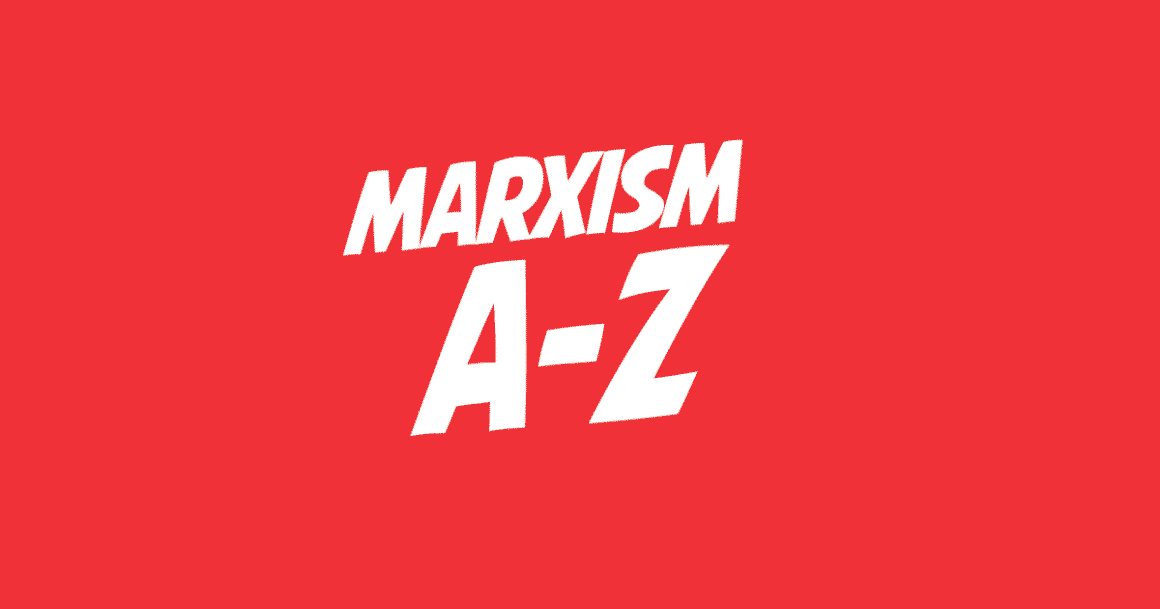

Imperialism is such a dirty word that, today, no politician would ever talk of “popular imperialism” in the way they talk about “popular capitalism”.
But imperialism is the essence of modern capitalism. Imperialism describes capitalism as a whole in the twentieth century. Understanding imperialism is the key to understanding most of the world’s economic and political crises: from wars, to famines, to acts of racist genocide.
The world economy today is dominated by giant capitalist monopolies and multinational corporations based in a handful of imperialist countries. Adverts for Coca-Cola in remote African villages, the Ford and General Motors car plants dotted around Latin America and Europe, the international Big Mac; all testify to the truth that we are in the epoch of monopoly capitalism.
The growth of monopolies – roughly from the 1870s onwards – also saw the transformation of the role of the banks, their growing interconnection with the giant industrial firms and the development of what Lenin termed finance capital.
Banks became fused with industry, and have come to dominate the industrial life of entire continents. The IMF and World Bank dictate austerity packages to third world countries. They decide what can and what cannot be produced, not the people who live in these countries.
This is a striking confirmation of the dominance of finance capital as described by Lenin: “The supremacy of finance capital over all other forms of capital means the predominance of the rentier and of the financial oligarchy; it means that a small number of financially ‘powerful’ states stand out among the rest.”
This financial oligarchy (tiny elite) penetrates the entire world; transferring funds to where it can best make a profit, exporting capital to other countries in order to extract super-profits from its investments and controlling the trade and markets of those countries in the process.
Imperialism divides the world up. The different powers have their different spheres of influence and interest. Even today, when the direct rule over colonies by the imperialist powers has given way to a world of supposedly independent states, the subordination of these former colonies is guaranteed by economic power and political interference. They have become not free, but semi-colonies of the imperialists.
The only problem is that, since the dawn of the imperialist epoch, there have not been enough colonies and spheres of influence to go round. The big imperialist countries – Britain, France, Germany, the USA and Japan – fought each other in two world wars. They fought each other in between in “proxy wars”, where each side in a small scale or civil war was supported and armed by one or more imperialist power.
It used to be fashionable to criticise Lenin’s theory of imperialism by pointing to the relative absence of conflict between the big imperialist powers after the second World War. Imperialism had changed, said the critics of Lenin. It has become “more benign”. They praised imperialism for beginning to develop the economies of backward countries. soon, they said, Africa and Asia would be as prosperous as Europe and the USA.
Fashions quickly go out of date. The re-emergence of inter-imperialist conflict, even though it is as yet confined to trade wars and economic struggles, anticipates future military conflicts. The process of concentration of the world economy into three regional blocs is a guarantee of future conflict, as each bloc struggles for economic domination of the global economy. Speculation on money markets will give way to war.
And the idea that imperialism has brought prosperity to the Third World now looks like a sick joke. Tell it to the millions who have died in Africa’s famines, who live in shanty towns across Latin America, or who are forced to sell their children in Asia.
Lenin described imperialism as the highest stage – i.e. the final stage – of capitalism. Some opponents of imperialism see it differently. They believe imperialism is simply a policy which the imperialist powers could change if they wanted to. This is an illusion.
The wars, the economic devastation of the semi-colonial world, the grotesque distortion of entire national economies to suit the needs of the imperialist powers, the destruction of the environment – all of these things are inevitable so long as imperialism exists. And with these things go the terrible civil wars, dictatorships and political instability that torture the semi-colonies.
With imperialism goes systematic racism. As the capitalists lined up their own workers as cannon fodder in the decades before the first World War they permeated culture with rabid nationalism, militarism and racism. They brought in systematic laws against immigrants and racial minorities. All this is the real legacy of imperialism.
But there is an alternative. Capitalism has nowhere to go after the imperialist epoch. It will either be overthrown by the workers or it will degenerate into ever more vicious wars, genocides and economic crises. Imperialism poses the question: socialism or barbarism?
Today that choice can be seen in Venezuela, in Yemen, across the Middle East. Imperialism, as Lenin said, is the “eve of revolution”. To end the horrors of the modern world we need to fight it to the death.